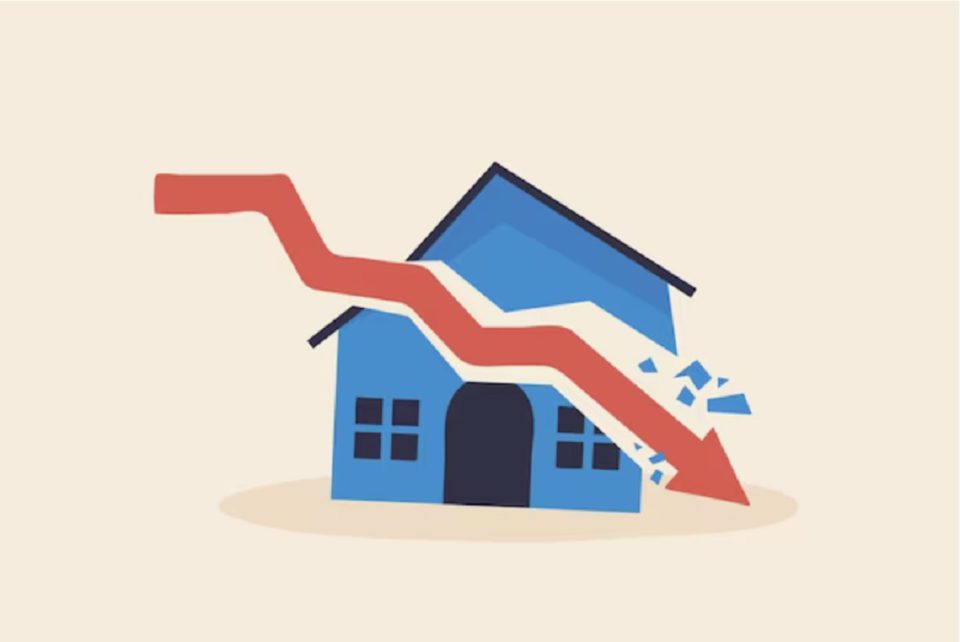The government of Ontario has been taking significant steps to tackle Ontario’s housing supply crisis and is far from being done. Over the course of three years, the government has introduced a range of transformative measures to increase housing supply. In the last two years in particular, housing starts (a measure of new residential construction) in Ontario have reached levels not seen in the last 30 years. In fact, just last year, rental housing starts in the province rose to an all-time high.
While statistics like these show a step in the right direction, more needs to be done to reach the goal of 1.5 million new homes by 2031. This is why the government has promised to update and adjust the current housing supply action plan throughout the current mandate, to continue to make progress towards reaching that 1.5 million goal.
The Helping Homebuyers, Protecting Tenants Act supports the increase in density and building more homes in existing communities. The government is also taking steps to make life easier for renters by continuing to invest in the Landlord and Tenant Board to improve services for tenants and landlords and quickly resolve active/future cases of landlord and tenant disputes.
Achieving the goal of ending Ontario’s housing crisis can’t be achieved by one single government – municipal, provincial, or federal government alone. Municipal and federal partners need to be a part of the solution, working in partnership with developers to create the homes Ontarians need today, tomorrow, and for the foreseeable future.
Here’s what you need to know about this new legislation:
- The government will be working with the
Landlord and Tenant Board to reduce active applications and improve client
services for applicants
- The act will allow tenants to install air conditioning units in their rentals under the conditions that they notify the landlord in writing, securely install the unit without damage, be responsible for the cost and maintenance, installation and maintenance must comply with applicable laws, and where the landlord supplies the electricity, a tenant must inform the landlord of the air conditioner’s energy efficiency, and how much they intend to use it. Landlords are permitted to charge a seasonal fee based on the electrical costs.
- The act also introduces stricter rules
against landlords and tenant evictions. In order for a tenant to vacate a unit
for it to be renovated, landlords must provide:
- Proof that the unit must be vacant for renovations to take place;
- Updates on the status of the renovations must be put into writing;
- And a 60-day grace period must be provided to allow the tenant to move back in once the renovations have been completed.
The act favours tenants as landlords must allow the tenant to move back in at a similar rent rate after the renovations are complete. Otherwise, tenants can file a complaint to the Landlord and Tenant Board either 2 years after moving out, or 6 years after renovations.
The act also doubles the fine for bad-faith evictions under the Residential Tenancies Act, totaling:
- $100,000 CAD for individuals
- $500,000 for corporations
The act has also introduced a new form called the Payment Agreement, which was created by the Landlord and Tenant Board for when the tenant is in arrears.
These efforts align with the commitment to build 1.5 million homes by 2031, including affordable rentals. This goes in hand with Ontario’s current Housing Supply Action Plan, which aims to build more homes and, perhaps more importantly, at a faster pace.
The government is taking steps to address the housing shortage, in part by introducing new considerations for the rental market that impact both landlords and tenants. These changes will move Ontario’s housing market in the right direction, hopefully allowing affordable housing to be implemented for generations to come.
